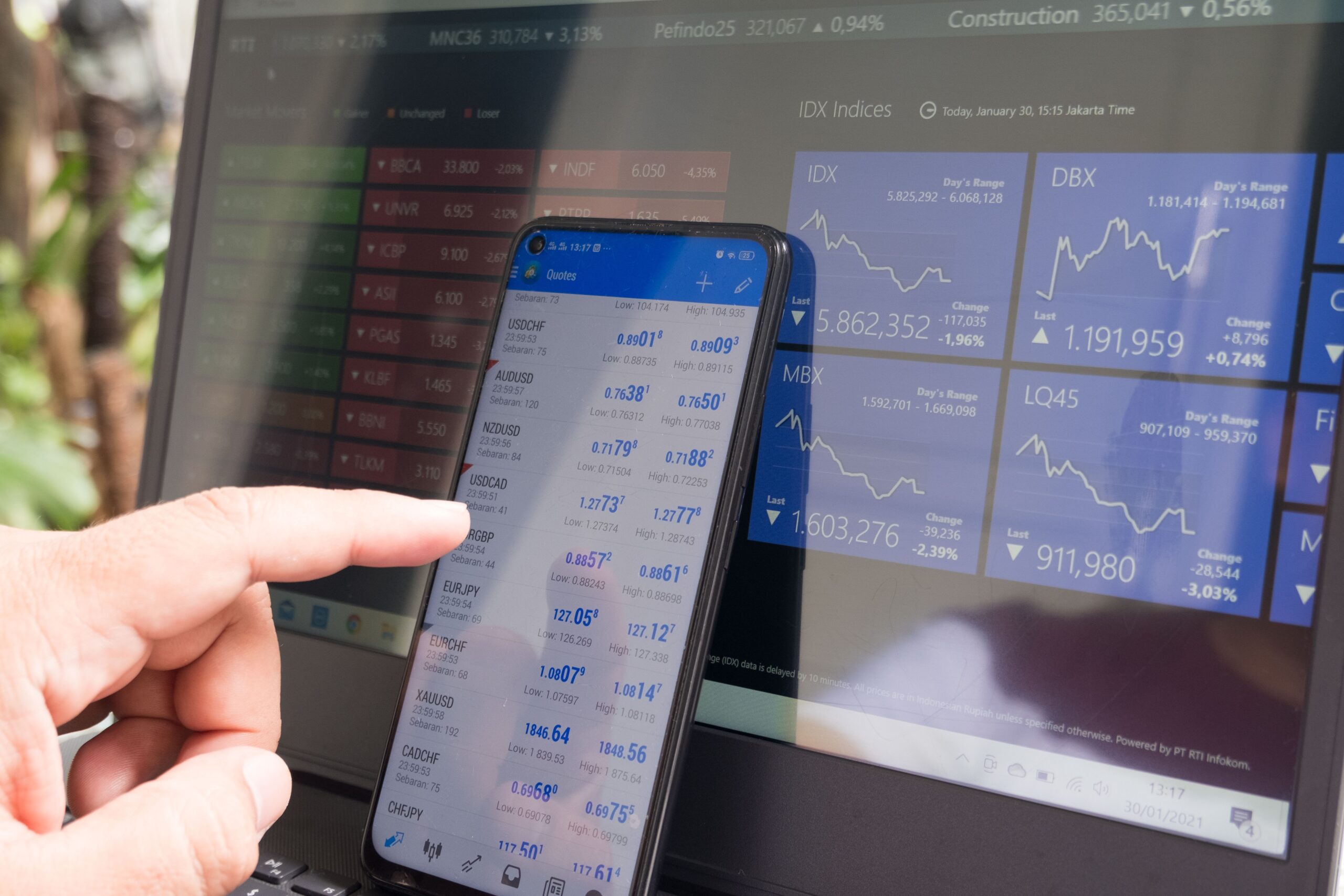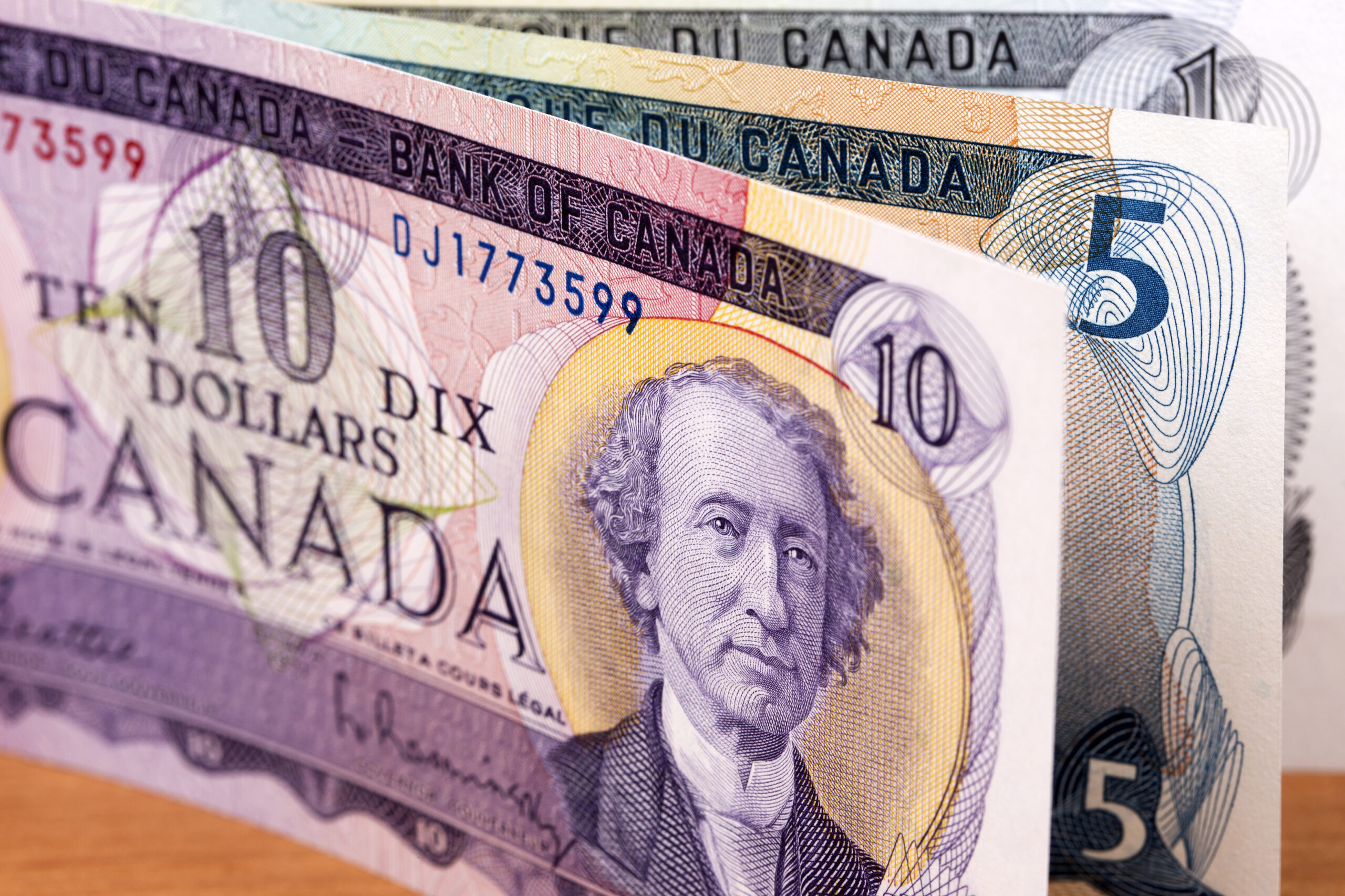In today’s interconnected world, the forex and commodities markets play a crucial role in shaping the global economy. Forex, short for foreign exchange, refers to the trading of currencies, while commodities represent raw materials such as oil, gold, and agricultural products.
The forex market is the largest and most liquid financial market in the world, with trillions of dollars exchanged daily. It enables businesses and individuals to buy and sell different currencies to facilitate international trade and investment. Fluctuations in currency exchange rates can have a significant impact on export and import costs, which in turn affect the competitiveness and profitability of businesses.
Commodities, on the other hand, are essential inputs in various industries. The price of commodities, particularly oil, has a direct impact on production costs and consumer prices. For example, when the price of oil rises, transportation costs increase, leading to higher prices for goods and services. This phenomenon is known as the oil price shock and can have far-reaching effects on the overall economy.
In recent years, the emergence of cryptocurrencies such as Bitcoin has added another dimension to the global economy. Cryptocurrencies are digital assets that use cryptography for secure transactions. While still relatively new and highly volatile, cryptocurrencies have gained popularity as an alternative investment and a means of conducting online transactions.
As the world becomes more interconnected, the interplay between forex, commodities, and cryptocurrencies becomes increasingly complex. Changes in one market can have ripple effects on others, leading to a domino effect on the global economy. It is crucial for policymakers, investors, and businesses to stay informed about these markets and their potential impact.



